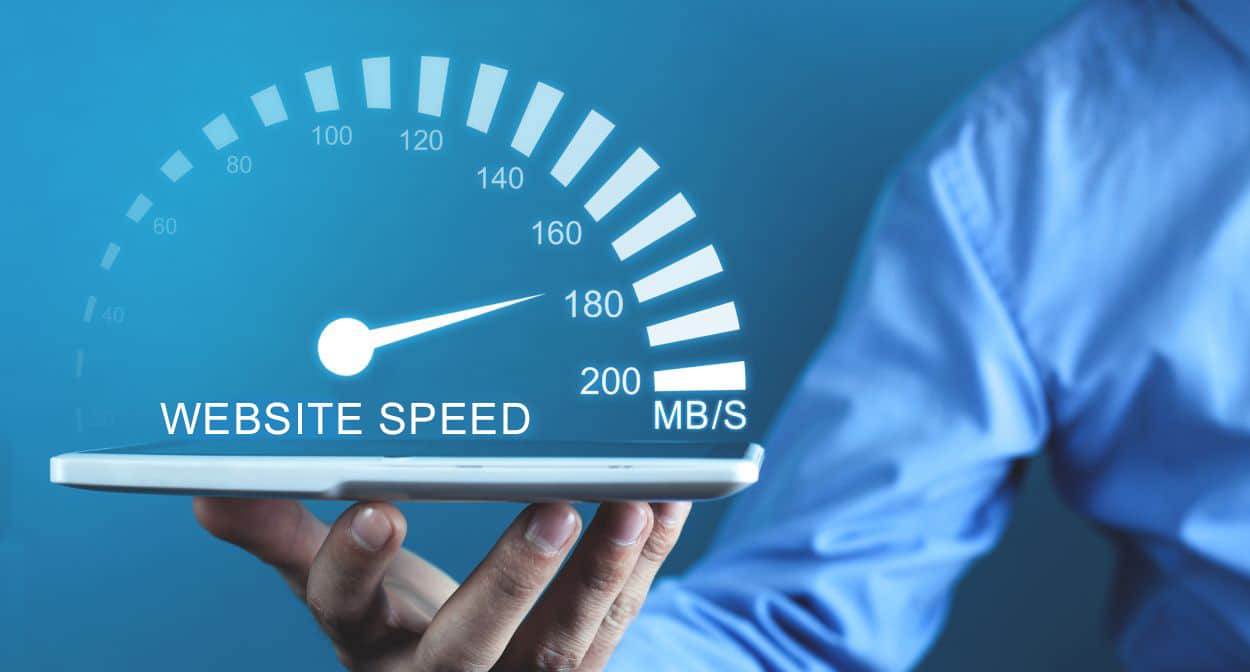Why Website Speed Matters for Business Success

Website speed is a cornerstone of digital presence and business success. When a website loads quickly, it enhances the user experience, increases engagement, and boosts customer satisfaction. On the contrary, slow-loading websites can frustrate users, leading to higher bounce rates and lost revenue opportunities. Here’s why website speed is vital for businesses:
First Impressions Count: The loading speed of your website is often the first interaction potential customers have with your brand. A fast website creates a positive first impression, conveying professionalism and reliability.
SEO and Search Rankings: Search engines like Google prioritize fast-loading websites in their rankings. A slow website can negatively impact your search engine optimization (SEO) efforts, making it harder for potential customers to find you online.
User Retention and Engagement: Fast websites keep users engaged. When users find what they’re looking for quickly, they are more likely to explore your site further, spend more time on it, and return in the future.
Conversion Rates: Speed directly influences conversion rates. Whether it’s making a purchase, filling out a form, or subscribing to a newsletter, users are more likely to convert on a fast website.
Mobile Users: With the increasing use of mobile devices, website speed has become even more crucial. Mobile users expect quick access to information, and a slow website can drive them to your competitors.
The Impact of Loading Times on User Experience and Conversions

User Experience: Slow loading times lead to frustration and impatience. Users today expect websites to load within a few seconds. If a website takes too long to load, users are likely to abandon it and seek alternatives. This can result in higher bounce rates and lower customer satisfaction.
Conversions: Studies have shown a direct correlation between website speed and conversion rates. For instance, a one-second delay in page load time can lead to a 7% reduction in conversions. Fast-loading pages encourage users to complete desired actions, such as making a purchase or signing up for a service.
Brand Perception: Website speed affects how users perceive your brand. A slow website can make your business appear outdated and unreliable, while a fast website enhances your brand’s credibility and professionalism.
Customer Loyalty: Fast websites not only attract new customers but also retain existing ones. Satisfied users are more likely to become repeat customers and recommend your business to others.
Key Statistics on Website Speed and User Behavior

To underscore the importance of website speed, here are some key statistics that highlight its impact on user behavior and business outcomes:
Google’s Recommendation: Google recommends that websites load in under three seconds. However, according to recent studies, the average mobile landing page takes over 15 seconds to load.
Bounce Rates: 53% of mobile site visitors will leave a page that takes longer than three seconds to load. This highlights the critical need for speed optimization on mobile devices.
User Expectations: 47% of consumers expect a web page to load in two seconds or less. If their expectations are not met, they are likely to abandon the site and look for alternatives.
Conversion Impact: A one-second delay in page response can result in a 7% reduction in conversions. For an e-commerce site making $100,000 per day, a one-second page delay could potentially cost $2.5 million in lost sales every year.
Customer Satisfaction: 79% of online shoppers who experience a dissatisfying visit due to website performance are less likely to buy from the same site again. Additionally, 44% of them would tell a friend about their poor experience.
Conclusion
Website speed is not just a technical concern but a fundamental aspect of business success. It affects user experience, search rankings, conversions, and overall brand perception. By prioritizing website speed optimization, businesses can enhance user satisfaction, boost engagement, and ultimately drive more conversions. In the competitive digital landscape, a fast website is a powerful tool that can set your business apart and pave the way for sustained growth and success.


